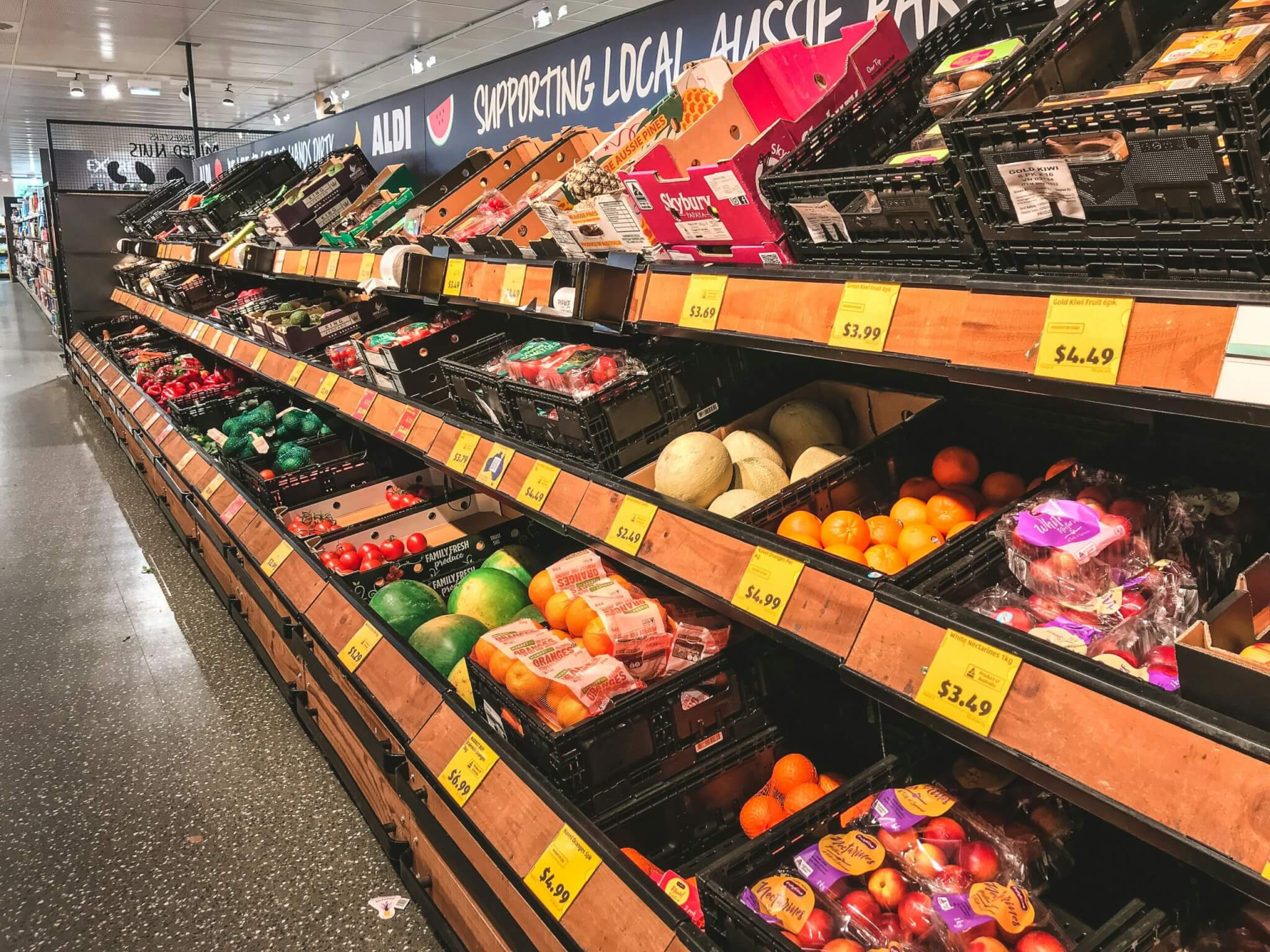Leeks were the first crop I grew on a substantial scale and they remain an important staple for us, keeping the vegboxes full and our staff busy throughout the winter. They tested my back and my organic resolve during my early days as a grower and, what with the escapee that always seemed to be decaying under the car seat, plus the pervasive odour on my clothes, they kept me celibate through my first winter. Only pig farmers smell worse. After I had been planting and weeding all summer, the early winter of 1987–8 was horrendously wet; the field descended into a quagmire and the crop succumbed to the fungal disease rust. As I watched the previously vigorous foliage melt into a slime of decay, the advisers and chemical salesmen were whispering, serpent-like, in my uncertain ears that all my woes could be solved with a few potent kilos of fungicide.
Somehow I maintained my resolve and a sudden drop in temperature proved more powerful than any fungicide, halting the disease while the leeks carried on growing. By February the plants had replaced the infected leaves with new ones and I had learnt that rust is a disease of warm, damp Devon autumns and that I should not listen to chemical salesmen. By April, with an aching back and incipient rheumatism in my fingers, there was £6,000 in the bank and Riverford Organic Vegetables was on its way.
We normally start picking in September and harvest increasing volumes through the winter as the supply of other vegetables declines. By March, with the first hint of spring, the leeks are getting lusty; if you dissect one lengthways you may find, thrusting up through the leaves, the start of the ‘bolt’ that would eventually carry the starburst flower characteristic of the allium family (onions, garlic, chives). Initially this bolt is tender and perfectly edible but as it lengthens and pushes up through the leaves it rapidly becomes tough and unpleasant to eat. By early May the UK season is over and you should be wary of buying leeks without closely examining the centres for hard yellow stalks (bolts), until the new crop is ready.











0 Comments